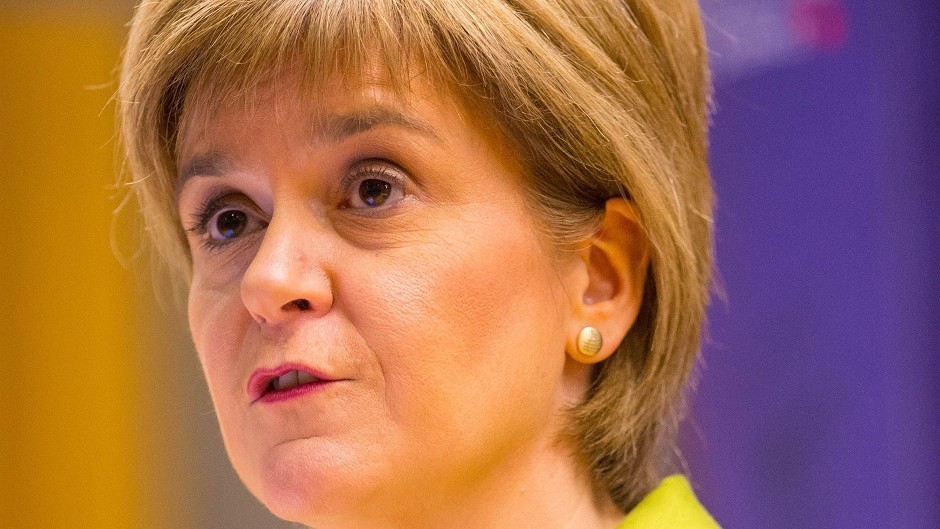Nicola Sturgeon is trying to drum up cross-party support against a further £170million cut to this year’s Scottish budget.
The first minister has written a letter to Scottish Parliament opposition leaders urging them to join forces against the cuts announced by George Osborne on Friday as part £3billion Whitehall efficiency savings.
“I hope that you will agree with me that all parties in Scotland must unite in making clear to the UK Government that it is unacceptable for reductions to be imposed on this year’s Scottish budget,” she said.
“Not only do such reductions have a potentially damaging impact on our programmes and public services, but the Chancellor’s approach shows little respect for the role of the Scottish Parliament itself in approving the annual devolved Scottish budget.”
In her letter, Ms Sturgeon reiterated the Scottish Government’s call for an alternative approach of “moderate” increases in public spending of 0.5% a year in real terms between 2016-17 and 2019-20.
Ms Sturgeon’s appeal comes as Deputy First Minister John Swinney prepares to meet Mr Osborne on Monday.
But Scottish Conservative chief whip John Lamont said: “Nicola Sturgeon doesn’t seem to understand that if Britain is going to prosper for the long-term, it needs to pay its way in the world and no longer pass on multi-billion pound deficits for our children and grand-children to pay off.
“Her response over the last 24 hours has shown that the SNP prefers the politics of grievance to a constructive plan to pay down our debts.”
He said the Chancellor’s plans had to be put in context as in December he put extra money into the NHS resulting in an additional £213million for Scotland.
“Indeed, since 2010, the Scottish Government has received an extra £2.7billion due to UK Government decisions – ten times yesterday’s figure,” Mr Lamont said.
“The SNP is, as always, quick to cry foul, but rarely acknowledges the benefits of additional spending from the UK Government when it comes.
“Nor has it ever acknowledged the fact that in tough times, it has benefited massively from being part of a UK funding plan.”
